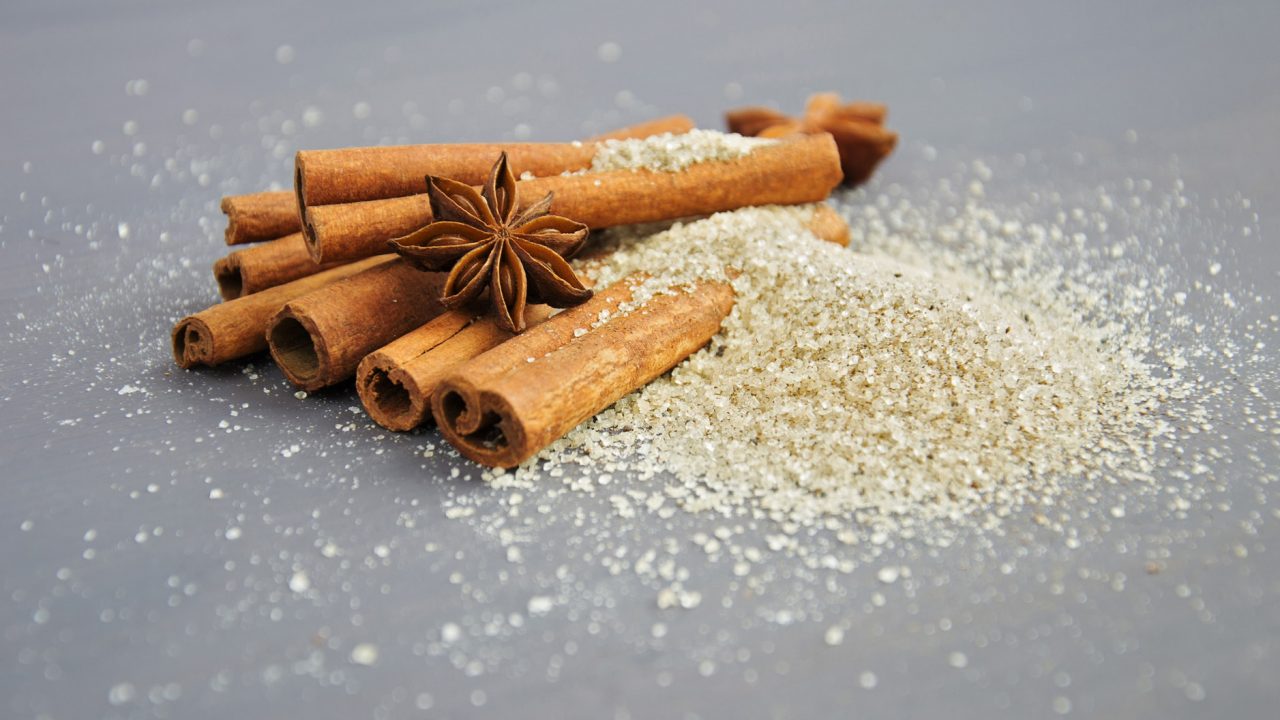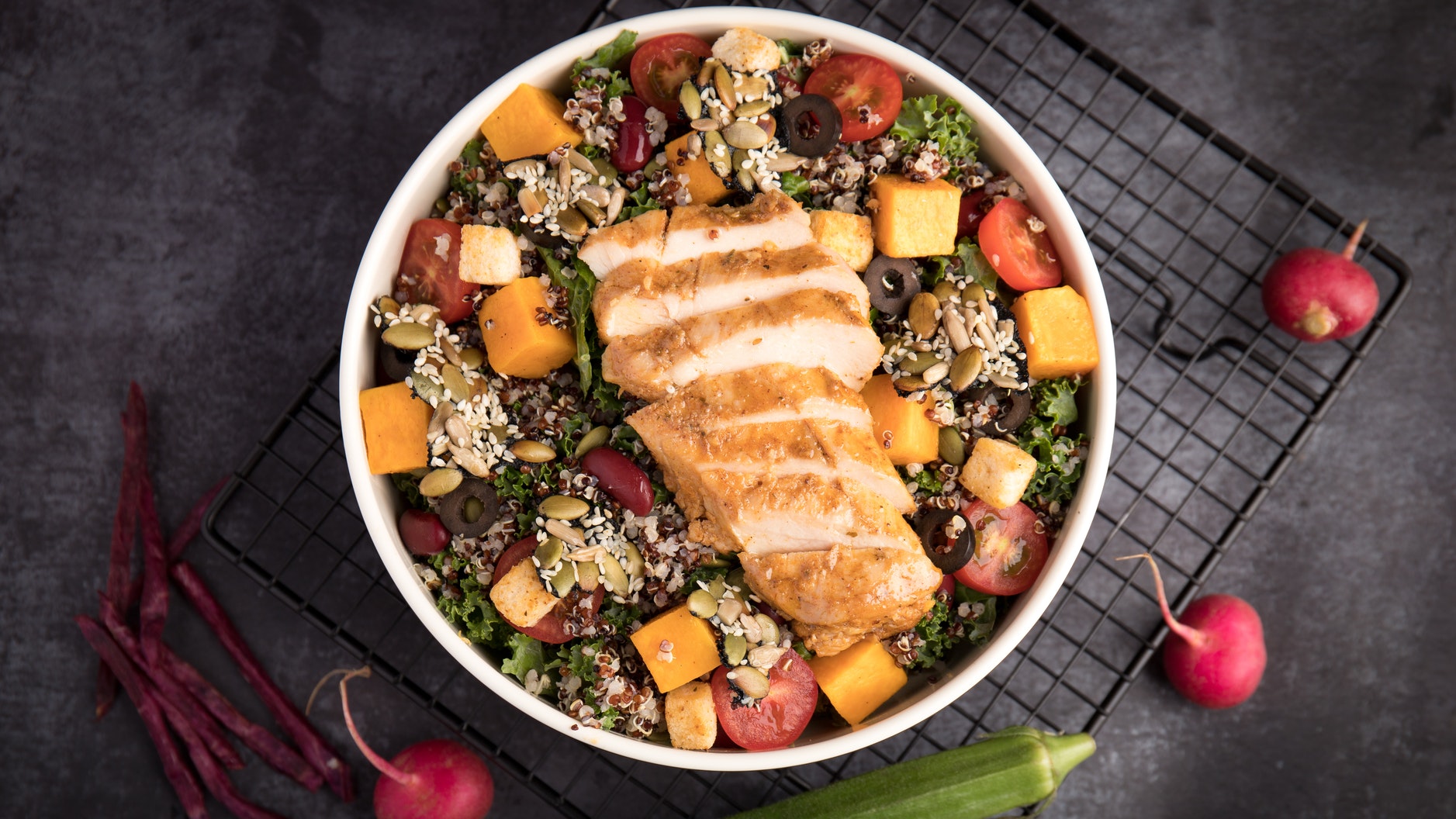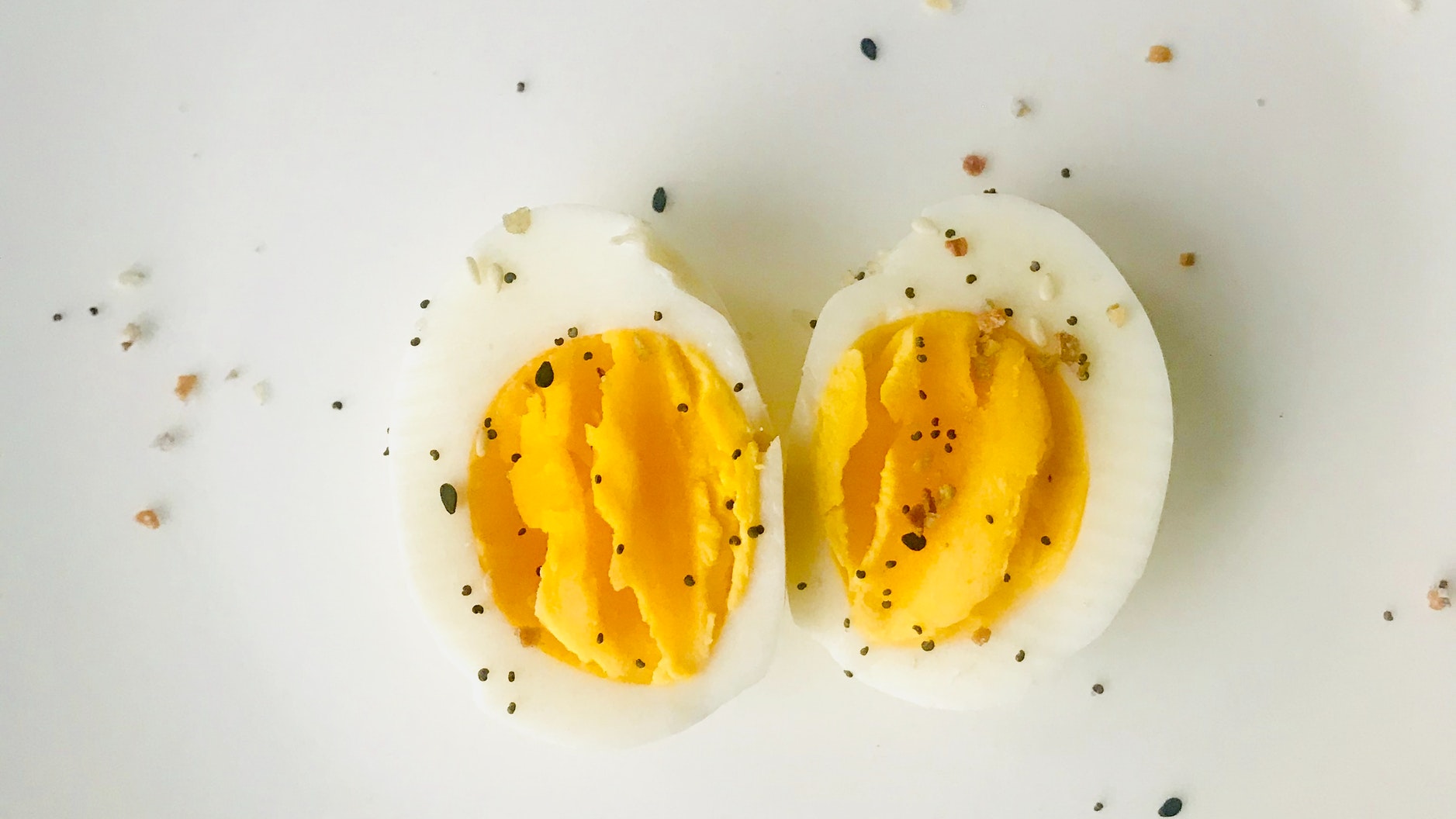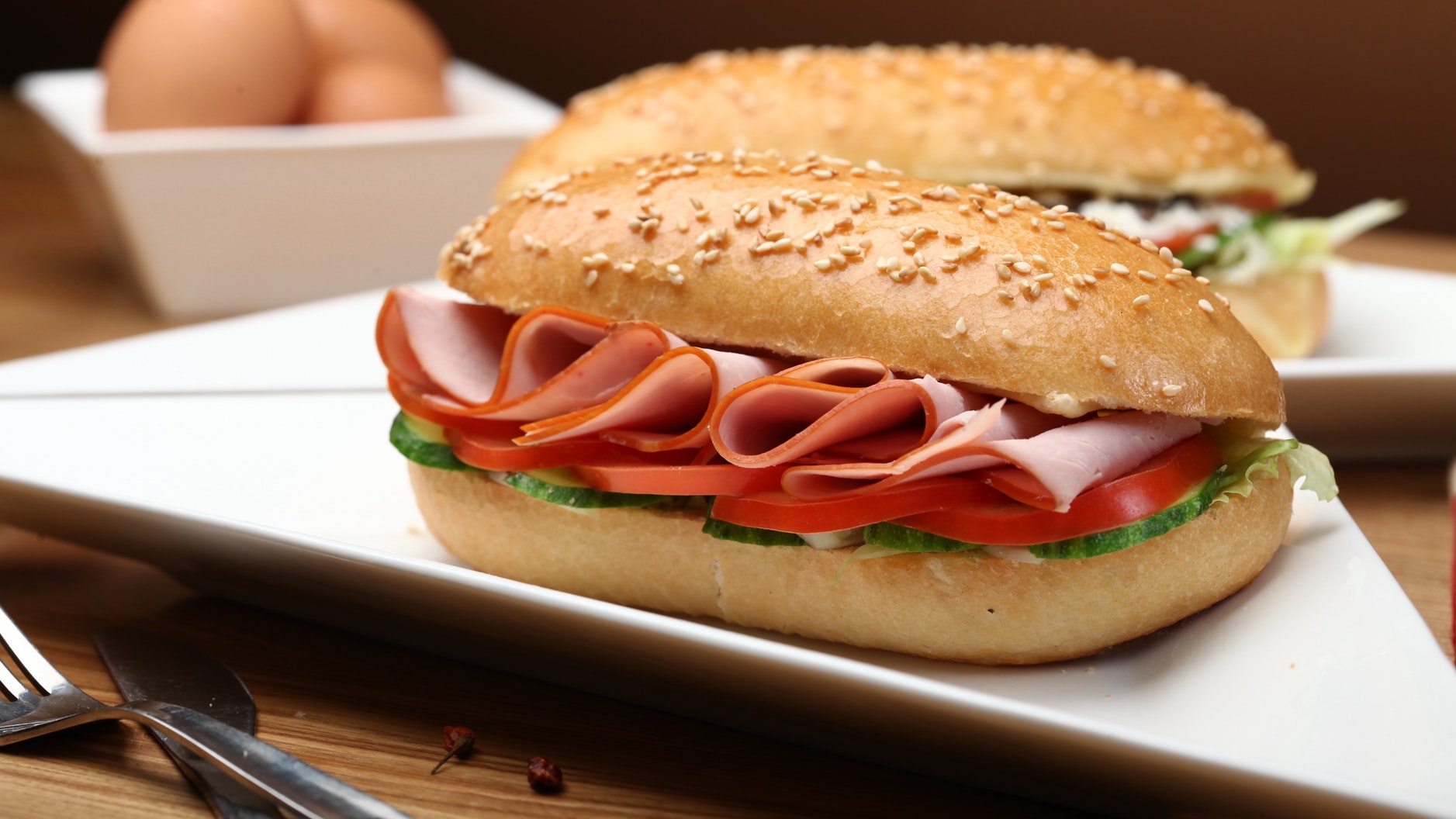In the past decade, Americans have increased their sugar consumption by a ton. 2009 saw Americans consuming roughly 9.9 metric tons of sugar and in the past year that number rose to 11 tons.
Excess sugar consumption can lead to a myriad of health issues such as obesity, type 2 diabetes, and heart disease. While many of us know that sugar is bad for us, we have a hard time avoiding it.
There are times that yes, we indulge a little too much. A coworker might bring donuts one day, or you might just get a hankering one night for a pazookie. In these cases, we are consciously eating high-sugar foods. We are well aware that these foods shouldn’t be eaten often.
What we are often unaware of is the type of sugar in food and just how much is in them. This article discusses the two types of sugars and how to avoid the bad one.
The Origin of Refined Sugars

Refined sugar comes from sugar cane or sugar beets. They are sliced and soaked in hot water to extract their sugar. The sugary “juice” is boiled into a syrup which is then centrifuged into raw sugar crystals. These crystals are dried and refined into what ends up on kitchen tables.
The other type of refined sugar is high-fructose corn syrup. As the name suggests, corn is the sugar source. Corn is milled to make corn starch, and through chemical processes which bring out the sugar, it is turned into corn syrup. After this, enzymes are added to make the syrup sweeter.
Avoiding Refined Sugars
There are numerous studies that link high sugar diets with increased risk for heart disease. Besides this, there have been connections to type 2 diabetes, depression, dementia, liver disease, and cancer as well.
It’s important to know that natural sugars are not the same as refined sugar and are actually okay to consume limited quantities. Since natural sugars are already found within the food, refined sugars are sometimes referred to as added sugars. These sugars are added into food and beverages and can come in many varieties. A good rule of thumb is that anything ending in –ose will typically be a sugar. Still, there are other names to be wary of.
According to the CDC, added sugars should account for less than 10% of the total daily calories. They say the two biggest sources of added sugars are sweetened beverages and desserts. Limiting these two will provide a huge benefit.
Still, there are many ways added sugar can sneak into our diet even if we are trying to avoid it. Here are some ways to avoid refined sugars:
- Avoiding packaged foods: many packaged foods contain excess sodium and sugars. Be sure to look at the labels before putting them into your shopping cart
- Avoid sugary drinks: almost all types of drinks contain an abundance of sugar. Limit the intake of sugary drinks to once or twice a week. Be careful with juices as many come as cocktails and are diluted with water and sugar to provide a good taste
- Avoid sauces: a little bit is okay, but sauces in general contain a lot of sugar and additives.
- Avoid canned goods: while canned goods have a long shelf life and can be prepared quickly, they often contain a high amount of sugar and preservatives
- Limit sweeteners: table sugar and other sweeteners are often overused.
- Swap table sugar for honey
- Always check food labels
- Avoid diet foods: low-fat foods often have added sugars to help appeal to consumers
In general, eating whole foods rather than processed foods will help limit added sugar intake. Consuming natural sugars from foods like milk or fruit is perfectly fine and should constitute a majority of the sugar in your diet.
For a tailored nutrition plan that helps limit sugar intake, sign up with Modern Fit. You can try a trial for just $1 if you sign up now. You will also receive a tailored fitness plan to help you be in tip top shape.
Statistics were taken from statista and the CDC.



